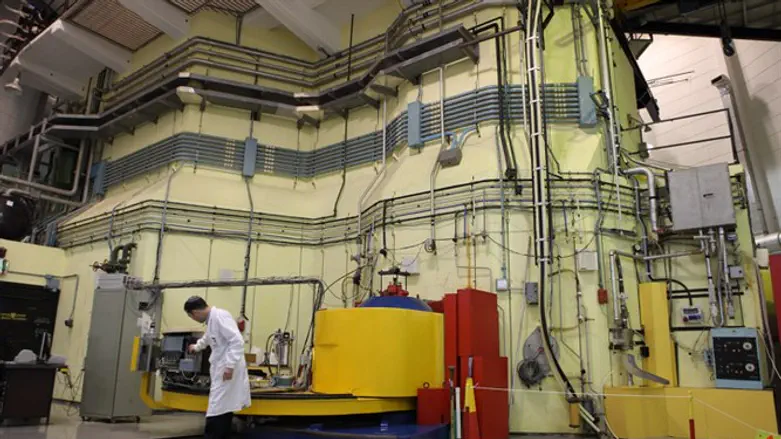
Moscow responded to the US claim that Russia is conducting low-level nuclear tests as a false 'smear" on Thursday. Its Ministry of Foreign Affairs said that Russia fully complies with the Comprehensive Nuclear Test Ban Treaty (CTBT).
A United States intelligence official said on Wednesday that the US believes that Russia is carrying out low-level nuclear tests at an Arctic site.
Head of the US Defense Intelligence Agency (DIA), Lieutenant General Robert P. Ashley, said, “The United States believes that Russia probably is not adhering to its nuclear testing moratorium in a manner consistent with the ‘zero-yield’ standard.' Our understanding of nuclear weapon development leads us to believe that Russia's testing activities would help it improve its nuclear weapons capabilities."
Ashley added that the US believes that Russia will build up its nuclear weapons "significantly" in the next ten years.
The Comprehensive Nuclear Test Ban Treaty (CTBT), a multilateral treaty formed in the 1990s which bans all nuclear testing - including military or civilian purposes - was ratified by Russia in 2000. Its head, Lassina Zerbo, asserts that the media is "probably overstating" Ashley's statements. “It wasn’t about Russia conducting any low-yield tests but that Russia may have the capability for doing so,” he told Reuters. "We’re pretty confident that any militarily significant explosive test would not go undetected. So far we haven’t had any signal to that effect and we’re looking for further evidence.”
But US State Department spokeswoman Morgan Ortagus said that Russia ignores "its international obligations" on a routine basis and does not adhere to the standards of the nuclear treaty it ratified. “They have been in breach for several years and they have tested, produced and fielded an INF weapon," Ortagus said. "We are certainly alarmed that they continue to disregard their international obligations as it relates to arms control.”
Although the CTBT was adopted by the United Nations General Assembly in 1996, it lacks the ratification of the eight nuclear-capable states it needs to enter into force. Israel, Iran, Egypt, the US and China have signed but not ratified the treaty and North Korea, India and Pakistan have not signed it.
Both Zerbo and Moscow criticized the US for censuring Russia for violation of a treaty that they themselves have not signed. “You’re not ready to ratify the CTBT but you’re asking for someone to comply with it, so you’re referring to a treaty that seems to be important,” Zerbo said. “If the treaty is important, why don’t we lock it in?” Moscow also called on the US to ratify the treaty.